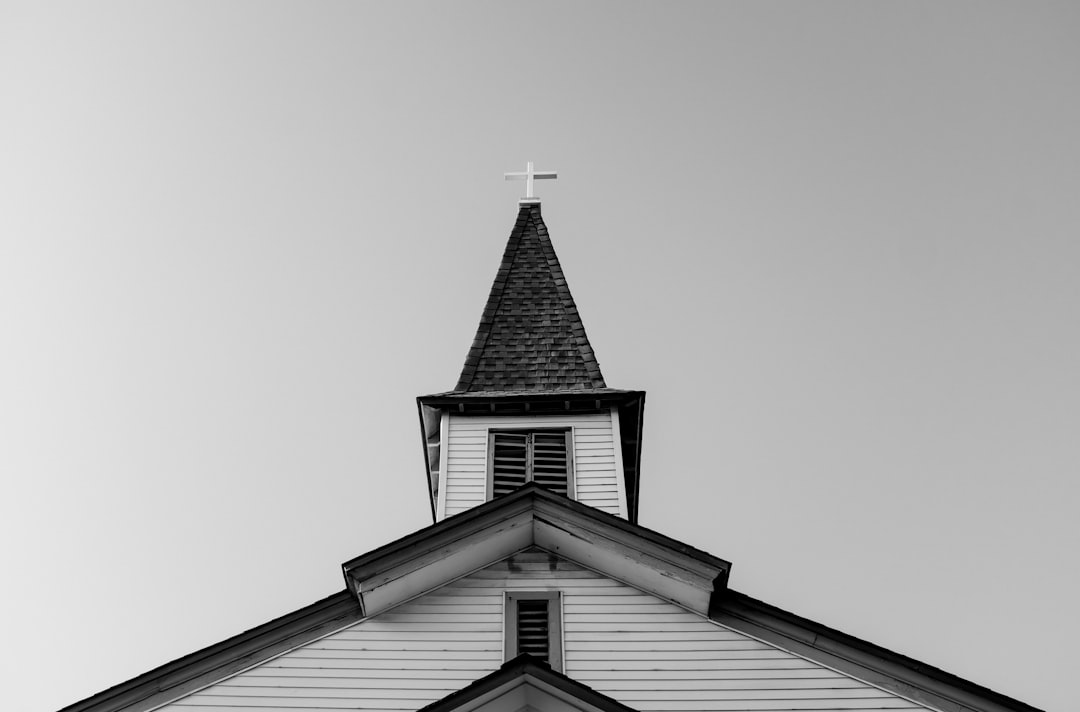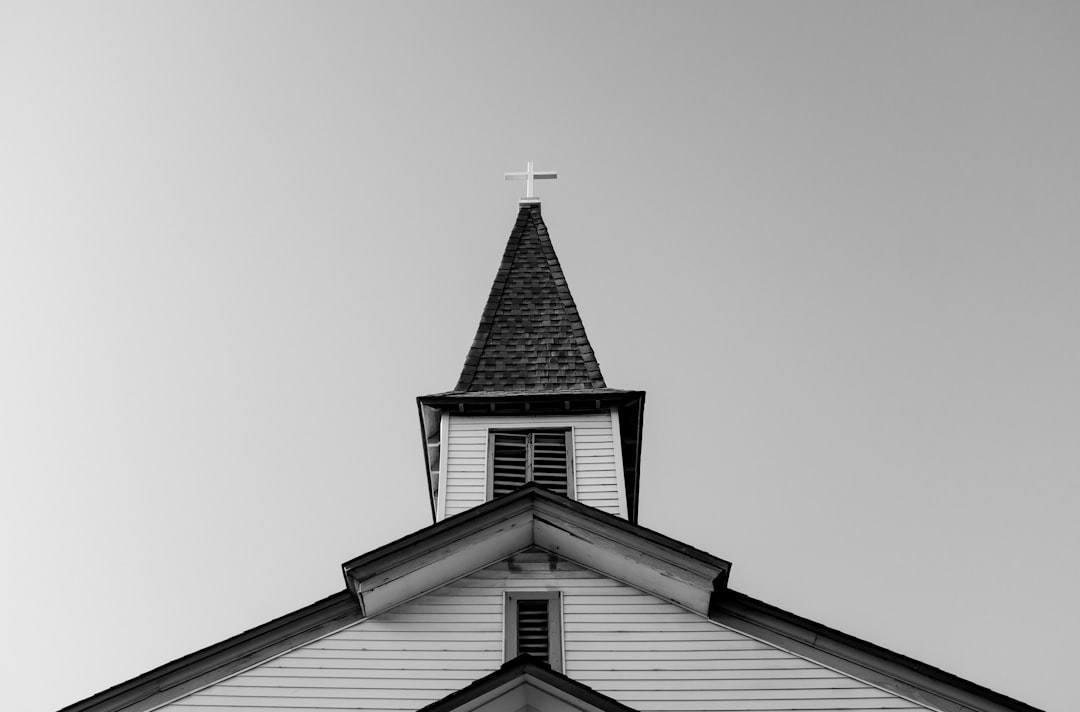Victims of clergy sexual or emotional abuse in Arkansas have legal protections and resources available through specialized clergy abuse lawyers. These attorneys guide survivors through evidence gathering, navigate state-specific laws, and ensure timely case filing within the statute of limitations. They offer support, negotiate settlements, or take cases to trial, aiming to compensate victims for their harm while holding abusers accountable.
“In Arkansas, survivors of priest abuse face unique challenges in seeking justice. Our state’s laws offer specific protections and rights for victims, but navigating legal processes can be daunting. This guide aims to empower individuals by shedding light on their legal options.
Whether you’re considering a lawsuit or need guidance on your rights, understanding the steps involved is crucial. We’ll explore these avenues in detail, focusing on how clergy abuse lawyers in Arkansas can assist in finding support and compensation.”
Understanding Arkansas Clergy Abuse Laws and Your Legal Rights

Understanding Arkansas Clergy Abuse Laws and Your Legal Rights
If you or someone close to you has experienced abuse by a priest or other religious figure in Arkansas, it’s crucial to know your legal rights. The state of Arkansas has specific laws in place to protect victims of clergy abuse, providing them with the opportunity to seek justice and compensation for their suffering. Clergy abuse lawyers Arkansas can guide survivors through this complex process, ensuring they receive the support and representation necessary to hold perpetrators accountable.
These laws enable victims to take legal action against religious organizations or individuals responsible for the misconduct. Whether it’s sexual abuse, emotional harm, or other forms of exploitation, Arkansas clergy abuse lawyers are equipped to evaluate your case, collect evidence, and advocate on your behalf. Understanding your rights is a critical step towards healing and seeking closure from this traumatic experience.
Navigating a Priest Abuse Lawsuit: Steps to Take

Navigating a Priest Abuse Lawsuit requires careful and strategic steps, especially in Arkansas where such cases are complex. The first step is to gather evidence—any documents, testimonies from witnesses, or personal records that can support your case. This includes reaching out to other victims who may have similar experiences, as multiple claims can strengthen the case against the accused clergy member. It’s crucial to document every interaction with the abuser and any related institutions, as this will help in constructing a solid narrative for legal proceedings.
Next, seeking out experienced clergy abuse lawyers in Arkansas is paramount. These specialists understand the nuances of such cases and can provide guidance tailored to state laws. They’ll assist you in understanding the statute of limitations, which varies from state to state, and ensure that your case is filed within the prescribed time frame. The lawyer will also help in negotiating a settlement or take the case to trial if necessary, ensuring that justice is served for the victims.
Finding Support and Compensation with Clergy Abuse Lawyers in Arkansas

For victims of clergy abuse in Arkansas, finding support and justice can be a challenging journey. It is essential to understand that you are not alone, and there are specialized lawyers dedicated to assisting individuals who have experienced sexual abuse within religious institutions. These clergy abuse lawyers in Arkansas possess extensive knowledge of state laws and the unique dynamics surrounding church-related abuse cases. They offer a safe space for victims to share their stories and provide legal guidance tailored to each person’s circumstances.
Victims can seek compensation for physical, emotional, and psychological injuries caused by abusive priests or religious leaders. The lawyers will help navigate the legal process, ensuring that individuals receive fair and adequate restitution. Through diligent investigation, they uncover evidence, interview witnesses, and build strong cases to hold accountable those responsible for the harm inflicted. Their expertise enables victims to regain control and seek healing while pursuing the justice they deserve.





